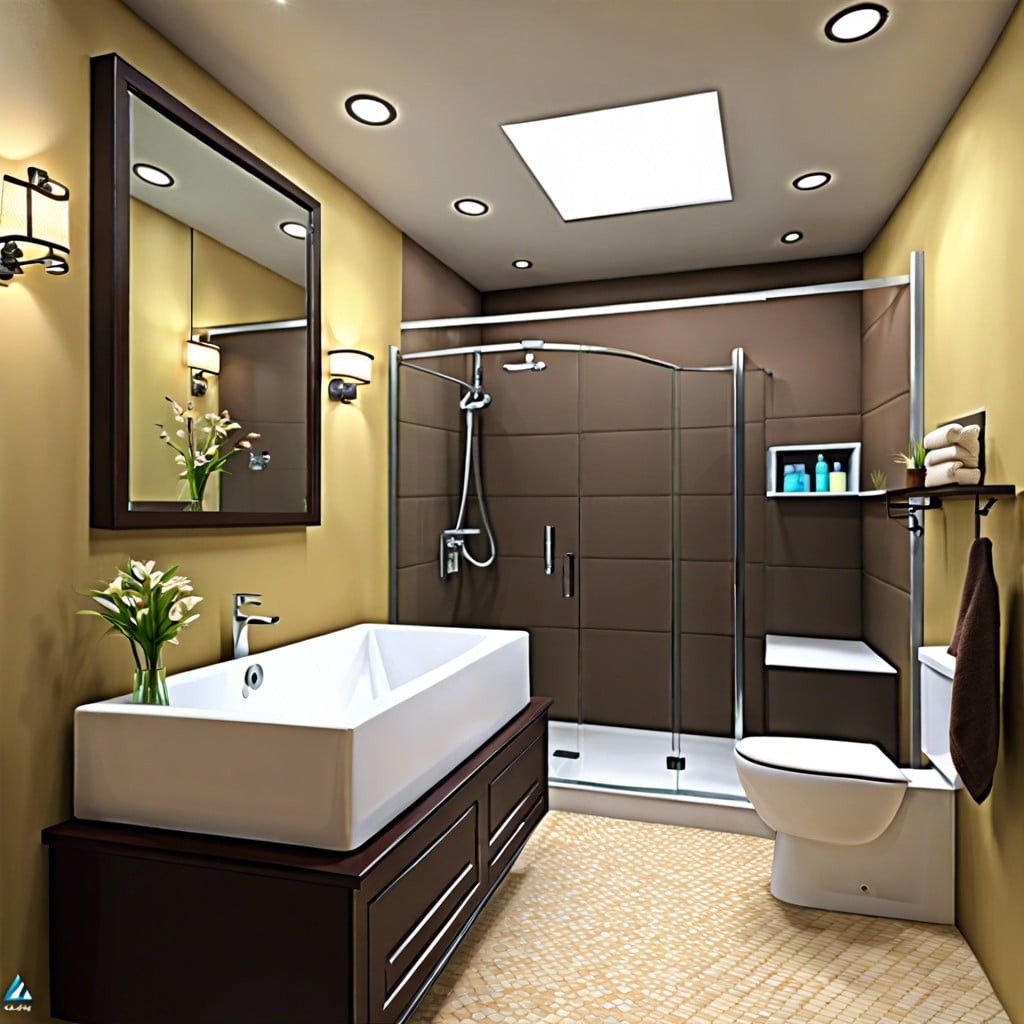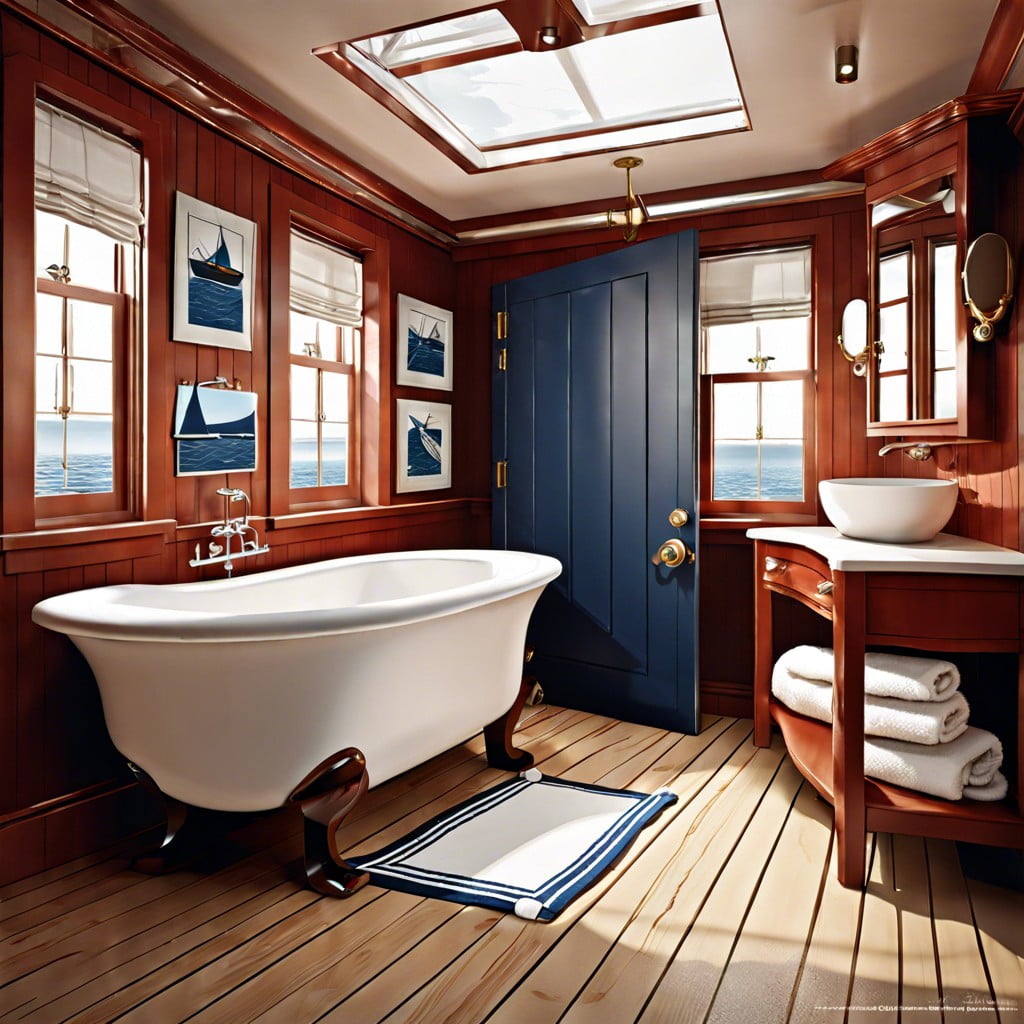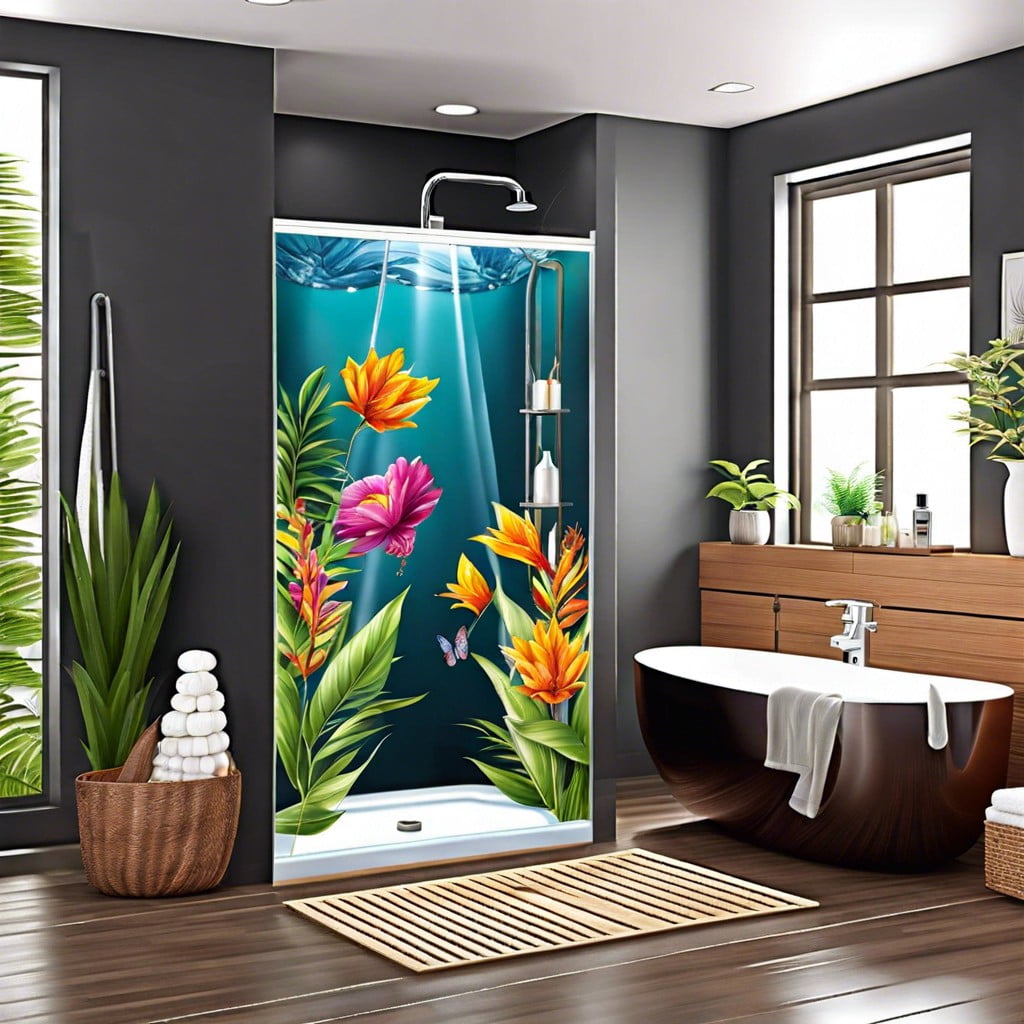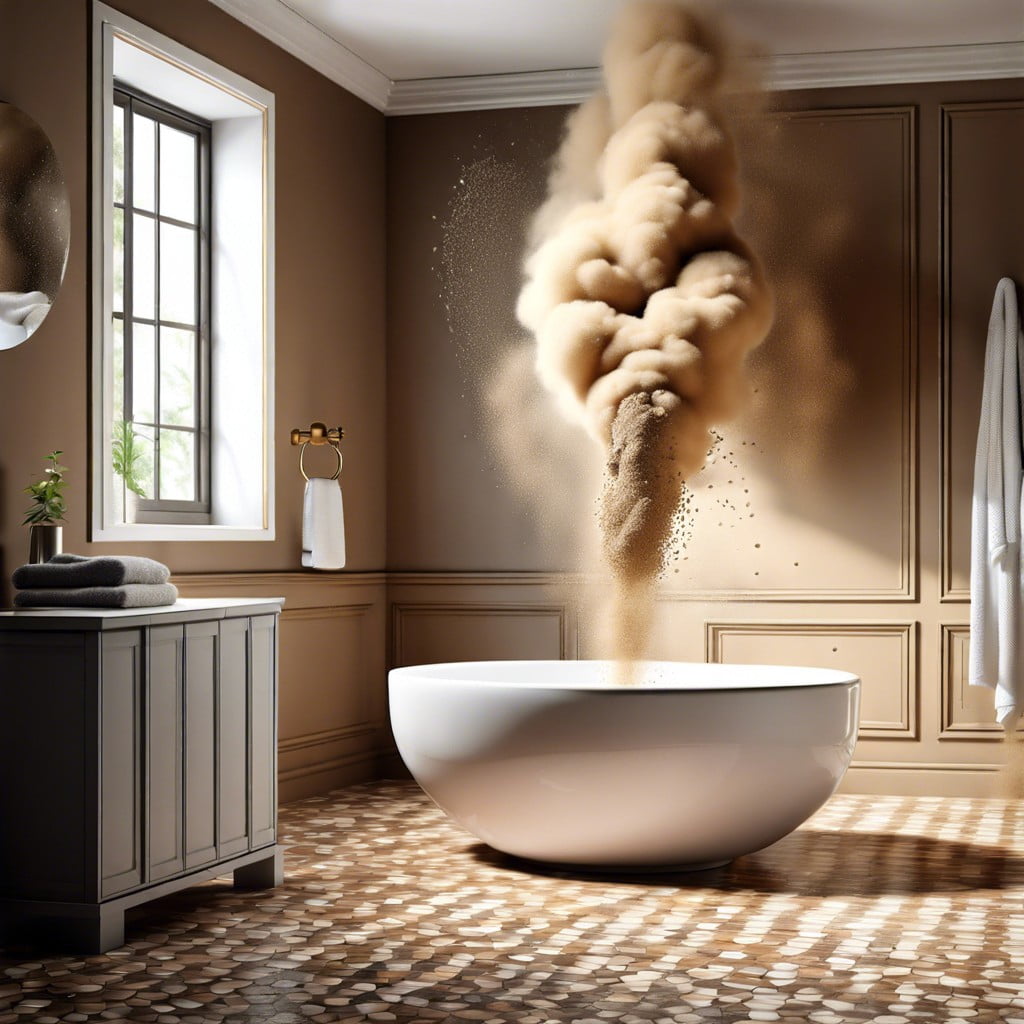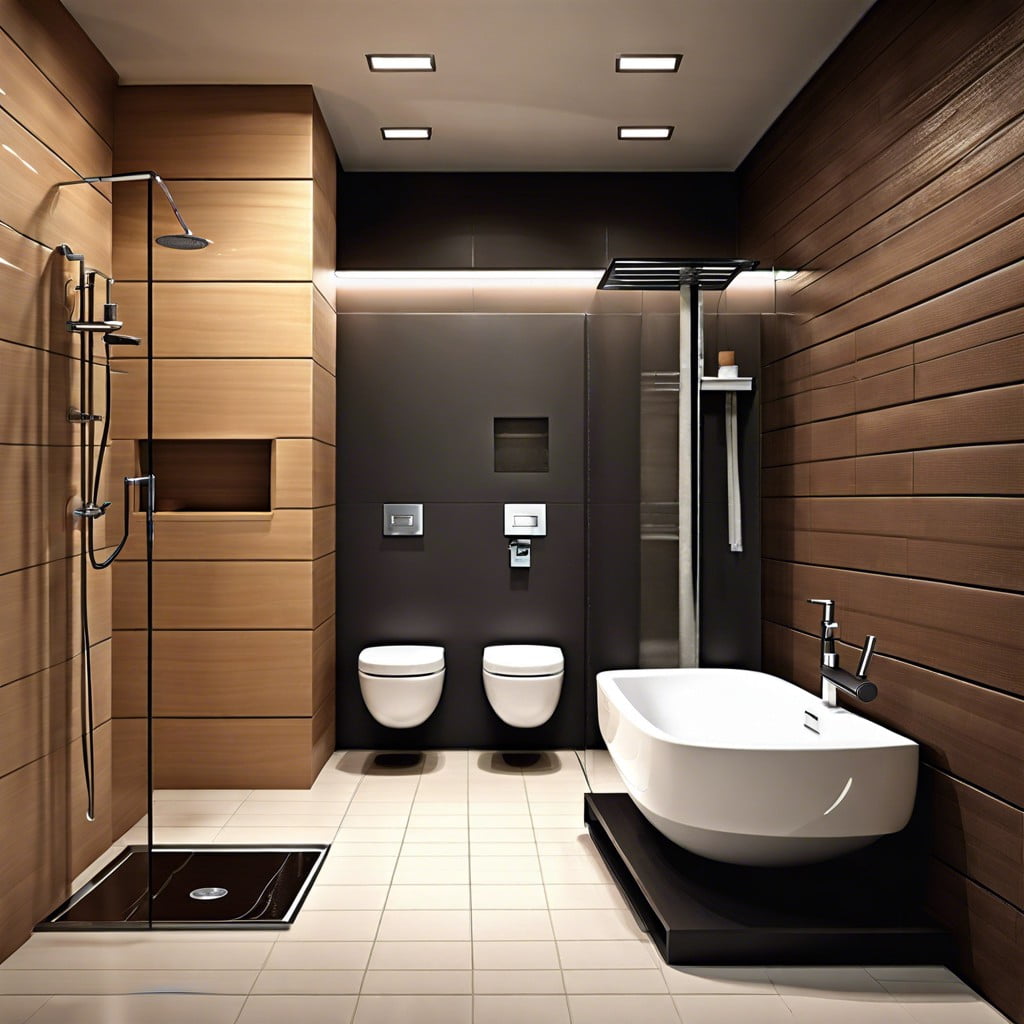Last updated on
Learn how to politely ask to use the restroom in French, perfect for your next trip or fancy dinner at a French restaurant.
Key takeaways:
- “Puis-je aller aux toilettes?” – Basic phrase for formal situations.
- “Est-ce que je peux aller à la salle de bain?” – Polite alternative for formal settings.
- “Excusez-moi, où sont les toilettes s’il vous plaît?” – Emergency phrasing for urgent situations.
- Use a more formal tone in public places, relax in private homes.
- Use “cabinet de toilette” for old-fashioned or formal settings.
Basic Phrase: “Puis-je Aller Aux Toilettes ?”
When you’re starting with French, the straightforward query, “Puis-je aller aux toilettes ?” is your go-to. It’s a polite and formal way to request a bathroom break, sticking closely to the structure of English, “May I go to the bathroom?” Here’s a quick breakdown:
- Puis-je: Starts with “Puis-je,” which is a conservative way to say “May I” in French, reflecting respect and formality.
- Aller: This means “to go.” It’s a versatile verb you’ll find handy in various contexts.
- Aux toilettes: Literally translates to “to the toilets.” In French, “toilettes” is always plural, unlike the singular “bathroom” in English.
This phrase is perfect for formal situations or when you’re in a new environment where you want to err on the side of caution and politeness. Just remember that the French appreciate a good “please,” so tossing a “s’il vous plaît” at the end can never hurt!
Polite Alternative: “Est-ce Que Je Peux Aller à La Salle De Bain ?”
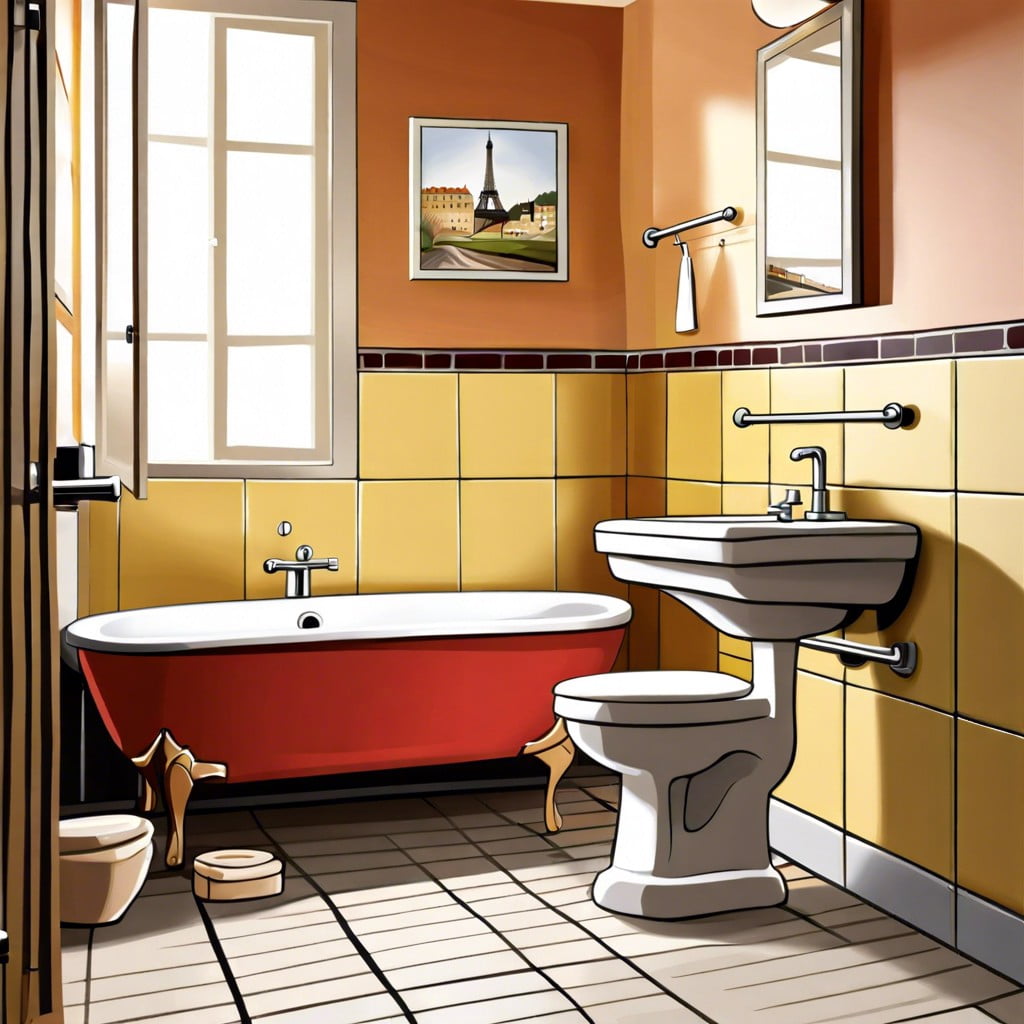
So, why opt for “Est-ce que je peux aller à la salle de bain?” when you want to sound a bit more polished in French? This phrase sports a nice ring of formality due to “Est-ce que,” which is literally the go-to way to ask questions politely in French. It softens the request, making you sound courteous. This is perfect when you find yourself in scenarios where a little extra respect is due, like at a fancy dinner or when speaking to someone you’re trying to impress. Also, using “salle de bain” instead of “toilettes” is akin to saying “restroom” instead of “bathroom” in English—it’s just a tad more refined!
Emergency Phrasing: “Excusez-moi, Où Sont Les Toilettes S’il Vous Plaît ?”
When urgency strikes and the pressure mounts, it’s great to have a go-to phrase that cuts right to the chase. “Excusez-moi, où sont les toilettes s’il vous plaît?” gets you straight to the point—after all, when it’s urgent, every second counts! This phrase politely includes the essentials: a light “excuse me” to grab attention without coming off as rude, “où sont” to query the location, and a gentle “s’il vous plaît” because a please can make everything smoother. Employing this French plea can prove to be a lifesaver in navigating through bustling cafes, crowded museums, or at that one dinner party where your understanding of the house layout isn’t quite up-to-scratch.
Differences Between Asking in Public Places Vs. Private Homes
When in public, such as at a restaurant or museum, it’s usual to use a more formal tone. A slight nod to politeness, maybe even a “please” (s’il vous plaît) at the end of the request, can show respect and cultural awareness. Arouse less suspicion as someone wandering halls might!
At a friend’s house, the tone can relax. It’s acceptable to use less formal language and a more direct approach. Feel free to ask directly or even just gesture with a gentle “Toilettes?” while raising eyebrows as if you’re in on the joke. After all, everyone needs a break now and then!
Understanding these subtleties aids in smoother, more culturally acute interactions, fostering both comfort and respect on either side of the bathroom door.
Leveraging Context-specific Vocabulary: “cabinet De Toilette” in More Formal or Old-fashioned Settings
When attending a ritzy dinner at a château or mingling at a classical concert intermission, sprinkling your language with a pinch of antiquity can add to your charm. Opt for “cabinet de toilette” instead of the usual “toilettes” for that old-world flair. Not only does this show respect to your hosts, but it also demonstrates your knowledge of language nuances. This term, though less common today, implies a discreet and elegant approach to such personal matters, fitting well within posh or conservative environments. Think of it as the linguistic equivalent of using a fine china cup instead of a mug: both serve the same purpose, but one certainly elevates the experience!
Recap
